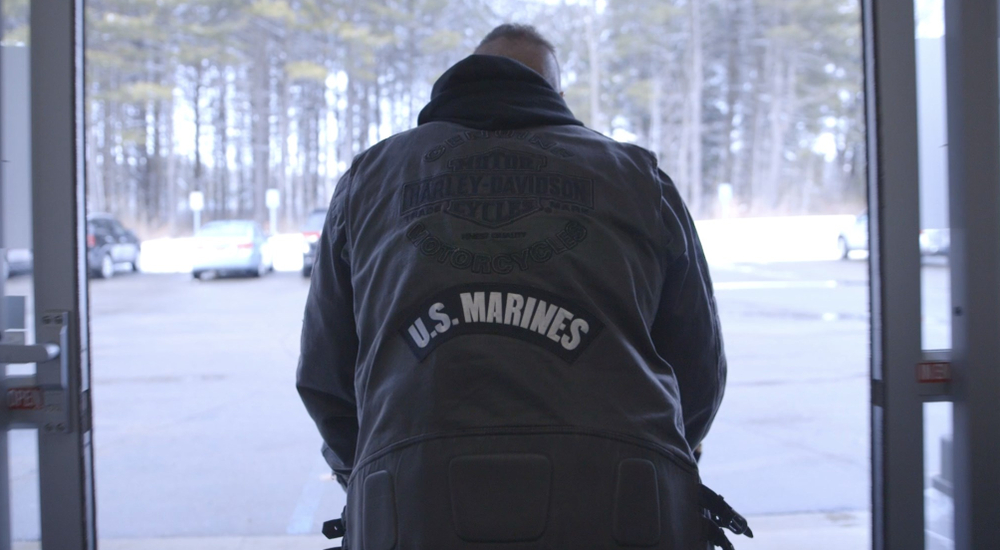Tougher Than a Tank could have been a powerful, blistering documentary, speaking truth to power and damning the leaders responsible for multiple tragedies. But the film has no interest in any of that. Instead, it merely wants to document a feat of athletic endurance without commentary and hope the audience leaves inspired.
Noah and Eddie served together in Iraq in the mid-2000s. The former came home with a serious case of PTSD, which he treated with alcohol abuse. After an intervention, he turned to ultra running. That saved his life, and he developed a running group, with two of the members accompanying him on the run that takes up most of the film. But the latter almost didn't come home at all. During a shootout with insurgents, a U.S. tank shot Eddie twice. He barely survived, and now has to use a wheelchair. His parents now do basically everything they had to do when he was a toddler. And the V.A. is stingy with his physical therapy. It's obvious he needs it as often as possible if he hopes to regain mobility, but they'll only pay for three sessions a week, and then eventually only one session a month.
So Noah creates a fundraiser for Eddie's care, and vows to run the distance between their homes in Connecticut and upstate New York. It's a 145-mile journey, but not exactly a sacrifice for Noah, who's used to running long distances. Yes, he and his buddies get tired and overheated, but they've also got a ton of sponsors (judging by the T-shirts they're always wearing) and a van full of food and water for their journey. They basically complete the trek in two days, with the final day devoted to the last five miles and a big celebration for Eddie in the town square. It's hard not to get a little choked up when Eddie's neighbors join in for the last leg of the journey, honoring a man who's given so much.
But the movie absolutely refuses to be critical of any of the people responsible for Eddie's injuries and Noah's PTSD. No one has a bad word to say against the administration that lied to invade Iraq, the Congress that authorized it, the soldiers who actually shot Eddie, or the pathetic lack of care for veterans once they return. It's content to focus on brotherhood and a "we take care of our own" mentality and leave it at that. Some may find inspiration in that, but to me it's more of a dereliction of duty.

